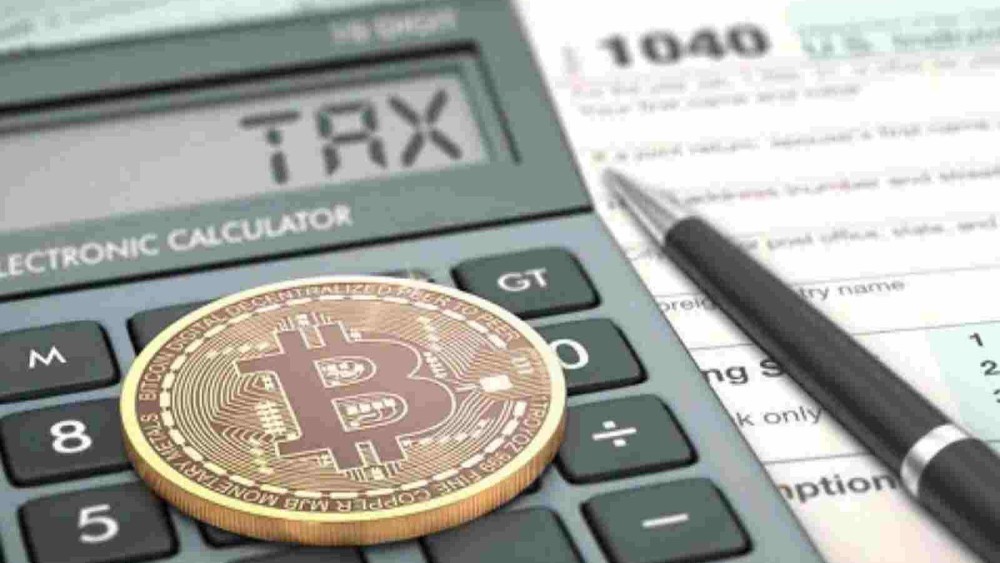The tax laws of most countries have not kept pace with the technology that has made cryptocurrencies popular because they have not yet developed uniform crypto tax rules. So, even though you may think that you are no longer subject to taxes when dealing with cryptocurrencies such as bitcoin, you are probably still responsible for paying crypto exchange taxes on your gains or losses in the same way that you would for any other type of asset.
Crypto taxes can be quite confusing to understand, so below we will cover some of the key concepts that you need to know in order to be prepared in case you are ever subject to a tax on your cryptocurrency holdings or activity.
Capital Gains Tax & Losses
If you’ve made any gains from trading or investing in cryptocurrencies that exceed the value of your initial purchase, then you will owe taxes for them as capital gains. Deductions such as losses are also available if your cryptocurrency investments have decreased in value, but it’s important to keep in mind that certain limitations may apply depending on which country you reside in.
Income Tax, VAT & GST
You can expect that cryptocurrency transactions and trades will also trigger tax obligations for you on your income and pay out of your wallet or exchange at the end of the year, so it’s important to make sure that you follow all the rules and regulations for maintaining a proper tax return. In all cases you should receive a confirmation from your exchange or wallet provider as to whether or not any taxes have been paid on them.
Trading Tax On Buying Cryptocurrencies
You may have noticed that some cryptocurrency exchanges have placed a trading fee on their service that is charged whenever you make a trade for cryptocurrency, so it’s important to understand if this will be considered as tax-deductible or taxable. Usually this type of transaction falls under the category of “in trade” which means they are non-taxable and could even be exempt from income tax depending on your circumstances. However, these exemptions vary from country to country so it’s always best to check with a local expert to confirm your situation.
Trading Activity Of Crypto Currencies
As with all types of trading, you should expect to have a tax obligation for all the trades that you make in cryptocurrencies, so be sure to keep a ledger of your transactions. Some people find it useful to go back to their tax years and look at previous year’s records so that they can monitor how they’ve changed over time. Also, you may be able to claim deductions where this type of activity is recorded on your financial statement as part of your business activity. If you find this a hectic method then you can try using different crypto tax tools which track your crypto trading activities and will help you with tax management. For this purpose I will recommend you to use Binocs they are one of the best providers available in the market.





